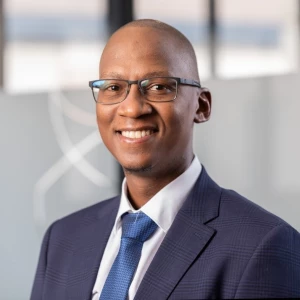Hi all,
I know preplounge is all about preparing for the interview and getting the job, but I would like to take one step ahead and ask, what personal skills or characteristica does it take to truly succeed in consulting.
Where is this question coming from? I am currently figuring out in which profession I should best apply myself, e.g. academia, advertising, consulting, etc., and I would like to ensure the best possible fit between my strengths and my future profession. (I am sure most of you have thought about this too). Therefore I want to hear your opinion and in particular the opinion of those who have worked in consulting, about key success drivers in the job.
- Once your in, what separates the good consultant from the worldclass one?
- Are there personal characteristics that can be considered success drivers?
- Can you learn them?
- What are absolute no-gos? etc.
Looking forward to your answers, as I am certain they are relevant and interessting for everyone.












